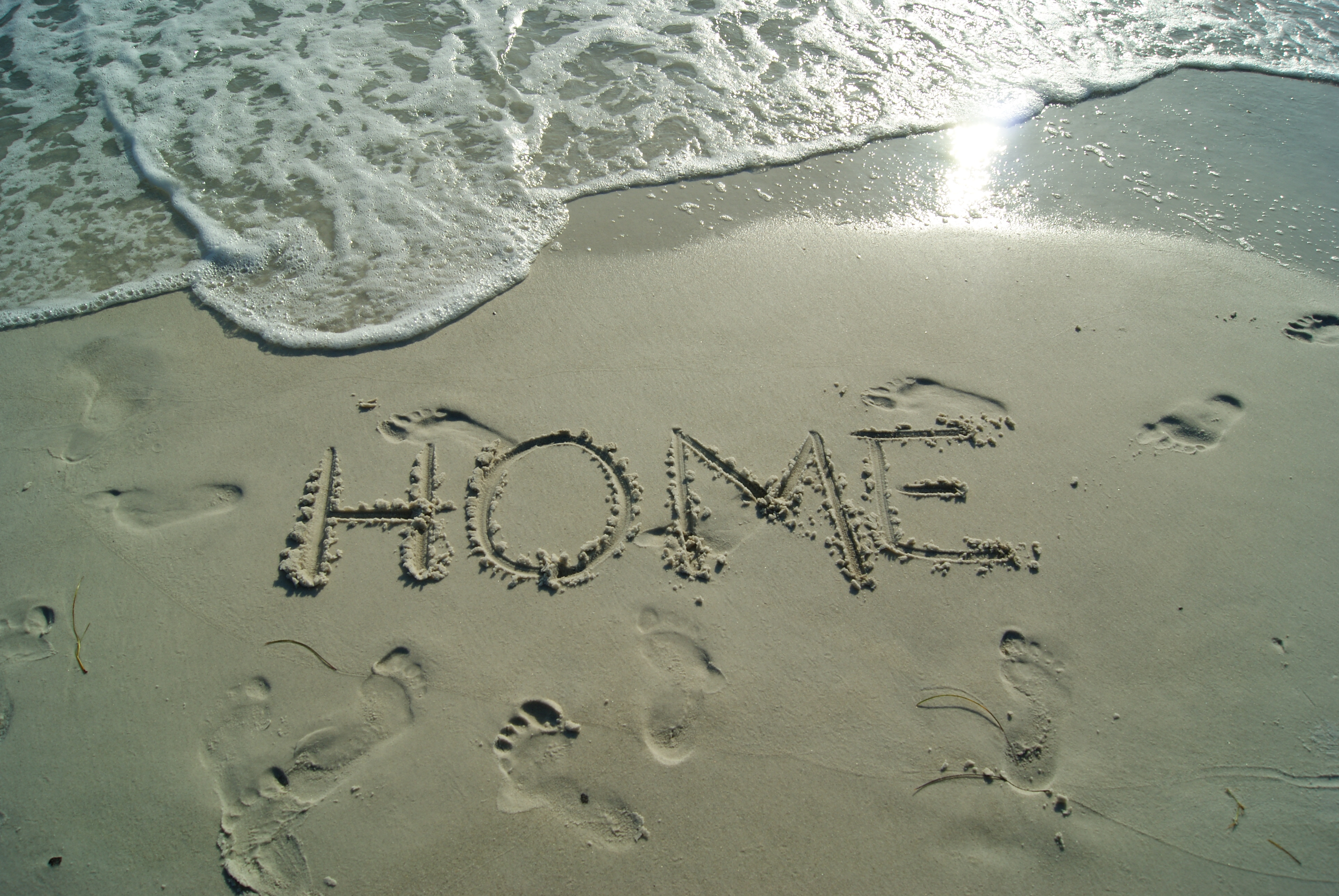
04 Mar Juggling several home options, choosing domicile for retirement
Photo: JessicaCooper1231/morguefile.comQ. I am currently retired (63) and the wife (61) plans to retire in two years. We own our home outright. We also own a small home in a nearby senior community which we let my wife’s parents live in for free. When my wife retires, we would consider selling the house we live in and getting a place in Pennsylvania and a small condo or home in a senior community in New Jersey to be near our children. We want to make the Pennsylvania residence our home for tax purposes. We currently pay just over $9,000 a year in property taxes on the house we live in now and would like to significantly reduce that between the two homes. Financially speaking, we would like to know what is the best way to go about obtaining two homes in neighboring states. Is it best to buy one, both or rent one or both? If we buy, it would be a cash deal.
A. Moving out of New Jersey upon retirement seems to be a popular choice.
It sounds like you’ve been setting cash aside for this possible home purchase, or perhaps you’re anticipating having proceeds from the sale of your current home to pay for the new one.
Whether or not you would have been taking a mortgage is an important part of the puzzle, said Claudia Mott, a certified financial planner with Epona Financial Solutions in Basking Ridge.
“You should be sure to consider what the total costs of the two new properties is going to be and how those expenses fit with the retirement income you and your wife will be receiving,” she said. “You don’t want to put yourself in a cash flow bind by taking on more real estate than you can afford.”
You also probably don’t want to dip into your retirement savings, which you might need down the road, to support the purchase, she said.
She recommends you make sure you have an idea of what you may require during those years and that the money you use to buy the properties doesn’t eat into that savings.
The decision whether to rent or buy is often based on how long you expect to live in a home.
“A rental is frequently a short-term solution for only a few years while purchasing a home is considered a long-term investment,” Mott said. “Since it sounds like you plan to make Pennsylvania your permanent home, a purchase would allow you to build some equity and also take advantage of the income tax deduction for the real estate taxes.”
Mott said for income tax purposes, the state of Pennsylvania has two primary questions it uses to determine where a person’s domicile or permanent abode is located when they own more than one property: which is the one place where the person has had the greatest connections for the taxable year and which place is intended to be the domicile?
“Some examples of connections are measured by time spent in the state, where necessities of life are purchased, location of doctors, bank accounts, places of worship and where mail is received,” she said. ”
You can find more information on this on the Pennsylvania Department of Revenue web site.
Regarding your smaller home in New Jersey, you may want to consider a rental as a short-term option instead of owning three pieces of property.
“Perhaps the home you provide for your in-laws could become your New Jersey residence when they no longer occupy it,” Mott said. “Until that time, a rental would allow you to be near your children, but could be a less costly alternative.”
Although you may forego building equity in the third home, the interim rental would save on property taxes, the maintenance and upkeep on three properties and the real estate transaction costs from buying and selling the third home.
Also make sure you understand the so-called Exit Tax before you make a move.
Email your questions to Ask@NJMoneyHelp.com.
This story was first posted in March 2015.
NJMoneyHelp.com presents certain general financial planning principles and advice, but should never be viewed as a substitute for obtaining advice from a personal professional advisor who understands your unique individual circumstances.
